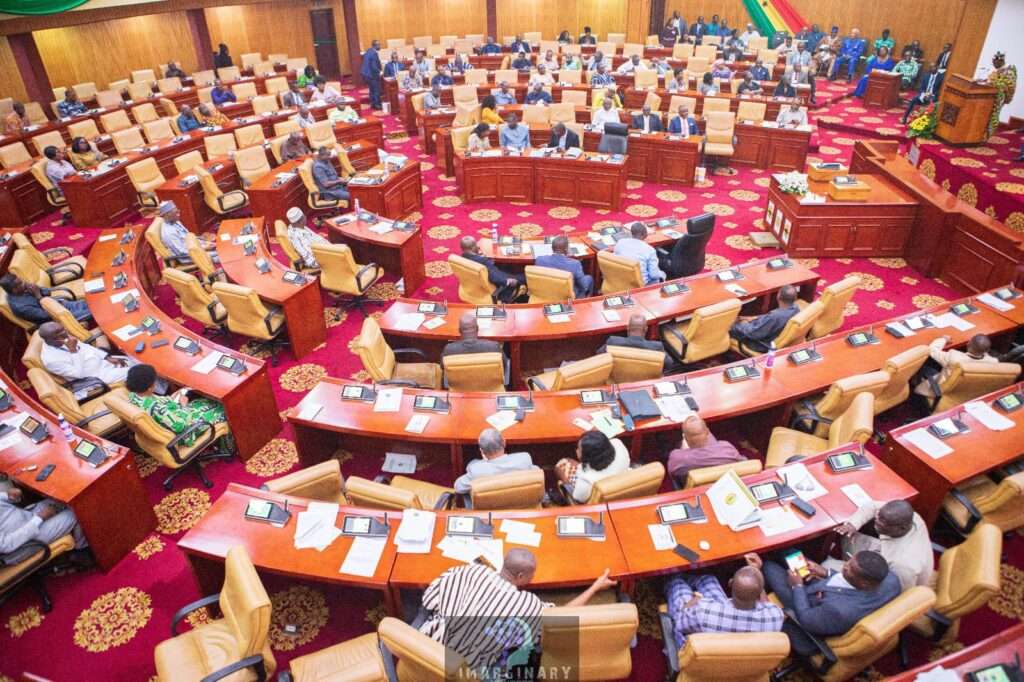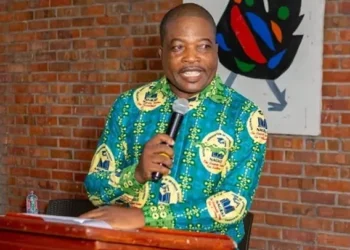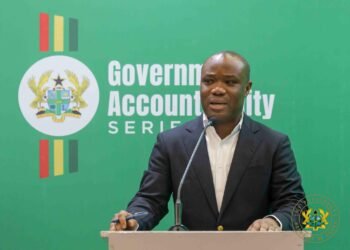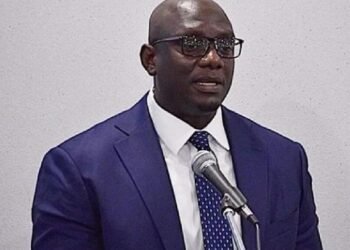The selection of the Speaker of Parliament should be independent and free from the perception of being the President’s final say or an extension of the executive.
This separation is crucial for maintaining the integrity and autonomy of the legislative branch, ensuring it can effectively check and balance the executive
Accordingly, Prof. Henry Kwasi Prempeh, governance expert and Executive Director at CDD-Ghana has argued that it would have been more appropriate if the President-elect, John Mahama’s, announcement nominating Speaker Alban Bagbin had reflected a tone suggesting that the decision was a collective one.
Specifically, he noted that it should have been framed as the Members of Parliament-elect from the National Democratic Congress (NDC), in consultation with the party’s National Executive, collectively agreeing to support the nomination and re-election of Rt. Hon. Alban Sumana Kingsford Bagbin as Speaker of the 9th Parliament.
“The President-elect can then freely announce his endorsement of this choice. But for the President-elect to “mandate”? What is that!!! What is worth doing is worth doing properly.
“Having said that, I congratulate the Rt. Hon. Alban Bagbin, Speaker of the 8th Parliament, on securing the support of the Majority Party to caucus in the incoming Parliament for his re-election as Speaker of the 9th Parliament of the Republic of Ghana”.
Prof. Henry Kwasi Prempeh
According to Prof. Prempeh, this approach would have emphasized the collaborative nature of the decision, reinforcing the independence of Parliament and avoiding the impression that the nomination was solely the President-elect’s final say.

Such a shift in tone, he maintained, would underscore the importance of parliamentary autonomy and the role of MPs in deciding their leadership, fostering a healthier balance between the executive and legislative branches.
When the Speaker is perceived as aligned with the President, it undermines the impartiality needed for fair deliberation and decision-making in Parliament.
The Speaker serves the entire legislative body, fostering debate and ensuring all voices are heard, regardless of political affiliation.
A Speaker who is seen as an extension of the President risks eroding public trust in Parliament’s ability to hold the executive accountable
Prempeh Emphasizes Parliament’s Role in Choosing Speake
Furthermore, Prof. Henry Kwasi Prempeh highlighted that selecting the Speaker of Parliament, who leads the second branch of government, is a constitutional responsibility.
According to him, this duty lies with the incoming Members of Parliament, each voting individually by secret ballot.
As such, he indicated that while the President, as head of government, naturally has a strong interest and influence in the choice, the final decision rests with Parliament.

“In particular, where, as in the incoming Parliament, the party of the President also controls an overwhelming majority of the seats in Parliament, the President’s preference for Speaker should be expected to carry great weight in the MPs’ decision.
“So, there is nothing wrong for the President to publicly express and indicate his preference for Speaker and to urge or admonish his party MPs to vote to elect his preferred choice for Speaker”.
Prof. Henry Kwasi Prempeh
Prempeh further cautioned against reinforcing the perception or practice, prevalent in the 4th Republic, that the Speaker is merely a nominee of the President.
He warned that such a notion, as implied by this press release, undermines the independence of Parliament and risks eroding the Speaker’s impartiality.
This perception, he asserted, could weaken the balance of power between the executive and legislative branches, compromising the Speaker’s role as a neutral arbiter in parliamentary affairs.
The governance expert observed that this practice is a lingering legacy of Ghana’s Imperial Presidency, which further entrenches the subordination of the Legislature to the Executive.
He highlighted that such a dynamic undermines the autonomy and independence of Parliament, weakening its ability to effectively serve as a check on executive power.
By allowing the Executive to exert undue influence over the Legislature, this imbalance threatens the foundational principles of democratic governance and diminishes the role of Parliament as a co-equal branch of government. “We should move away from that”.
READ ALSO: Nigeria’s Deficit Spending Hits ₦12.1 Trillion in 2024























